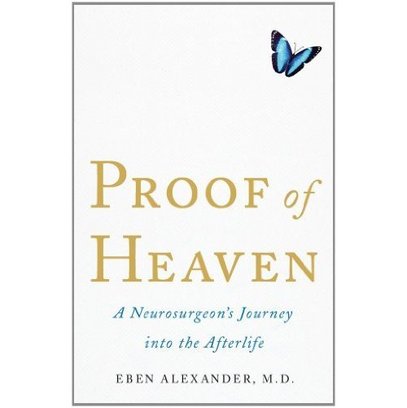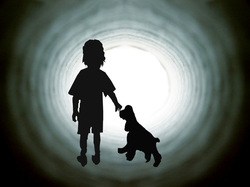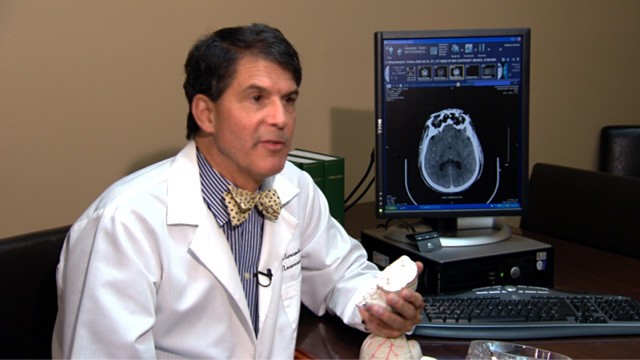
There have been many books and accounts of people’s Near Death Experiences (NDEs) in recent years. What distinguishes this one is that is was written by a skeptic and a skeptic supremely qualified to speak about the workings of the human brain.
Alexander talks about how dismissive he had previously been of patients’ claims of e.g. walking down a long tunnel, of meeting dead family members and friends, and all the other claims so common to NDEs.
He had put down such claims to a deprivation of oxygen to the brain, or an abnormal jolt of hormones as body systems began to shut down and so forth, all pat explanations which he and his colleagues regularly provided when confronted with such accounts.
Everything changed, however, when Alexander himself experienced an NDE in 2008 as the result of a very rare attack of a bacterial meningitis which doctors fully expected would kill him. Alexander was put into a medically-induced coma. According to Alexander, the virulent e coli bacteria, which was attacking his neocortex at this time, completely shut down his higher brain functions. This process should have made any kind of hallucinations impossible. In fact, Alexander’s consciousness should have been completely disabled.
And yet Alexander had a very rich sensory experience during his week- long coma. This is proof, Alexander argues, that consciousness exists independent of the brain and body.

Only a relatively small portion of the book is devoted to what Alexander experienced during his vision. But overwhelmingly he was left with the positive assurance that he was loved. That love was the key to everything in the universe. And that he could do no wrong.
Most of the book is devoted to describing Alexander’s illness in detail and the reactions of his family and friends while he was ill, and to an examination of the medical implications of what had happened.
I doubt this book will change the mind of a firm atheist who allows no possibility for an afterlife. For, as many have argued, it is impossible to change the mind of anyone based on sensory experience, for every sensory experience (even the sensation of being skeptical about sensory experiences) is open to question, and its validity cannot be proved or disproved by logic.
Alexander’s account may, however, be a comfort to ‘believers’, providing another anecdotal report—and from a markedly unexpected source—that a loving God is ready to welcome them at the end of their Earthly lives.
It is worth noting that Proof of Heaven has come under attack by many of Alexander’s peers who claim the book is completely unscientific. Most take great issue with Alexander’s assertion that his neo-cortex had completely shut down during his illness. I, for one, am not qualified to choose between the opinions of competing neurosurgeons, but it seems only natural to me that there should be such a dispute.
All this being said, I did find this book an interesting read. It was written in a slow, clear style—clarity of presentation seeming to be uppermost in the mind of the author. The world is full of skeptics, I know, and some would claim Eben Alexander, M.D., had profit in mind when he published this book, but I find that hard to believe. With this publication Alexander opened himself up to ridicule on the highest level and professional shunning. All in a quest for fame? Wealth? It doesn’t wash for me. In my mind, this is the account of a sincere and “surprised” believer.
7/10
http://en.wikipedia.org/wiki/Eben_Alexander_%28author%29

